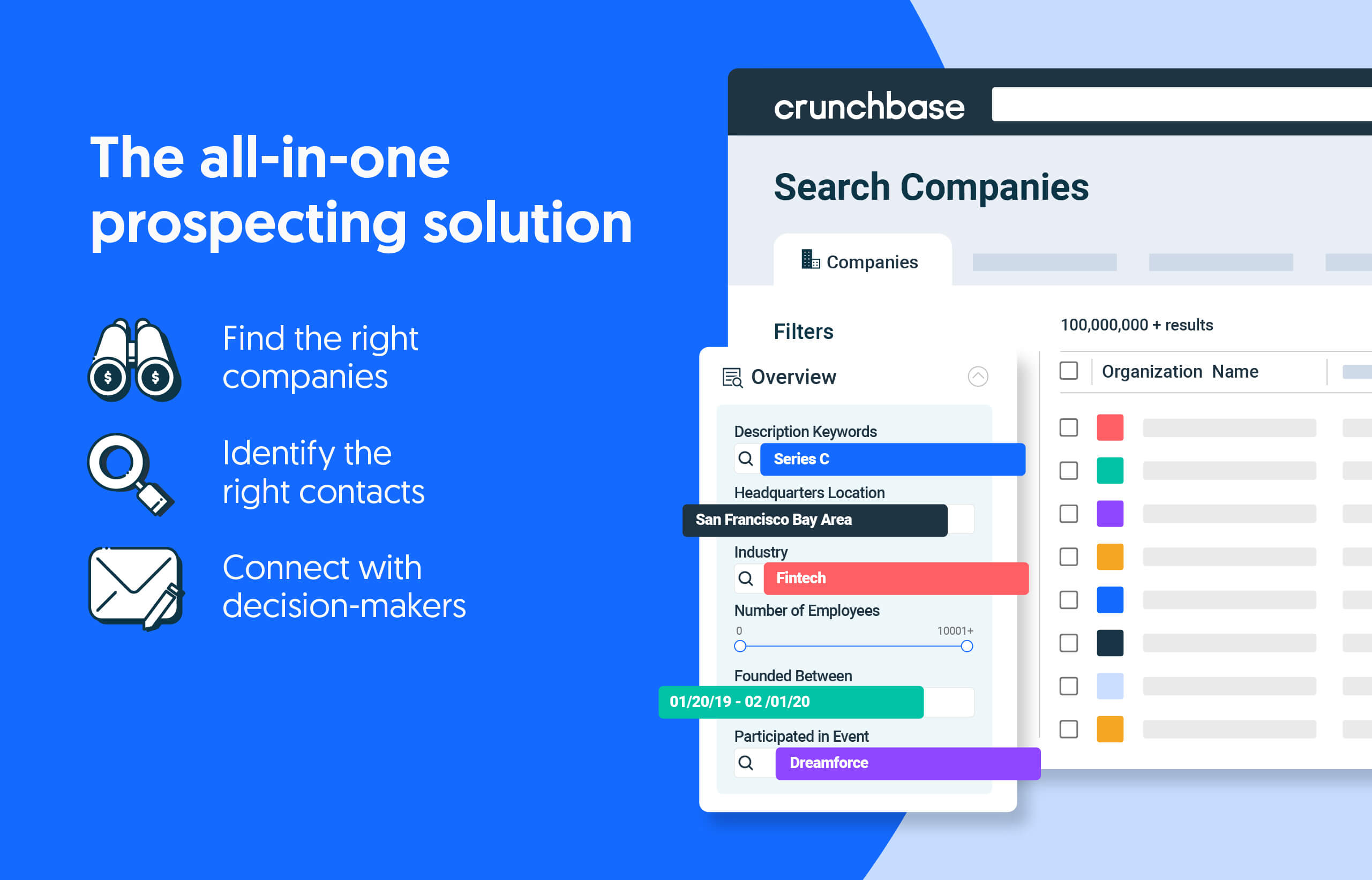Link to original article: Most Active Startup Investors Hit The Brakes In 2022
For multiple years, the most active startup investors kept upping their games. They did more deals, backed larger rounds, and kept pushing up valuations.
In 2022, they took a breather. Per Crunchbase, virtually all of the most prolific venture and seed investors did fewer deals last year than the year before. The value of rounds they led shrunk too, with particularly steep declines for SoftBank Vision Fund and Tiger Global Management, which pulled back in the wake of heavy losses in their existing portfolios.
But while their pace was slower, the usual busiest dealmakers continued doing deals. And since no one else stepped up to dethrone them, they continue to top the lists for most active and spendiest global startup investors.

To get a sense of who’s topping the ranks and how much they’ve pulled back, we’ve aggregated a series of charts using Crunchbase data. We looked at the most extravagant investors, most prolific venture dealmakers, and busiest seed backers.
Spendiest lead investors (still Tiger and SoftBank)
We’ll start by ranking the startup investors who appear to have put the most capital to work in 2022, based on the dollar value of rounds they led or co-led.
Notably, Tiger Global remains on top for 2022 despite the aggregate value of rounds it led — $22.3 billion — being 60% lower than in 2021. SoftBank Vision Fund took its oft-held No. 2 spot, followed by another usual suspect, Insight Partners, at No. 3, despite these two firms also being far less active year over year.
Also striking is the extent to which some names on the big spender list have pulled back. The values of lead rounds for Coatue, Temasek and Fidelity, for instance, are all down 75% or more year over year. The paucity of large public tech offerings in 2022 was likely a factor, as it meant big pre-IPO rounds weren’t happening either.
We also broke down activity by quarter, with an eye toward who might have started the year at a much different pace than where they ended. As it turns out, all of our spendiest lead investors put up far more in the first half of the year than the second.
We saw a particularly dramatic slowdown from Sequoia Capital, which led or co-led $2.7 billion worth of rounds in Q1 and just $100 million in Q4. Tiger and SoftBank pulled back to a similar degree, going from billions of dollars in Q1 to hundreds of millions in Q4.
Most active lead venture investors (Tiger and Insight)
Besides spending less, active investors also participated in fewer deals in 2022, slowing their pace as the year progressed.
Below, we look at the most active lead venture investors by deal count, and how they compare quarter by quarter in 2022:
Once again we see familiar names topping the ranks. Tiger, Insight, Andreessen Horowitz, and SoftBank pulled back, but they obviously still kept busy. Temasek Holdings, meanwhile, has bucked the trend, with investment counts holding relatively steady for each quarter last year.
One investor we didn’t include in the rankings but which also numbered among the most active was Alameda Research, the trading firm tied to bankrupt crypto platform FTX. Although Alameda is known to have a large startup portfolio, with many investments made last year, the exact timing of deals has been difficult to pin down.
Most active seed investors
Seed investors are typically the last group to get spooked by a market downturn. After all, they’re investing smallish sums in companies that are probably many years away from a potential exit.
Even so, backers of these newest startups did curtail spending as 2022 progressed, with global seed investment in the fourth quarter down 35% year over year, per Crunchbase data. The most active seed investors also mostly cut back on deal count in Q4, as the chart below illustrates:
For 2022, Y Combinator still ranked as the most active seed investor, by a long shot. Next up were Techstars, SOSV and Antler.
Investors usually do not break out how much they contributed to a particular round (unless they are the sole investor.) However, because there are usually few lead investors in a round, it is usually the case that a lead investor contributed a double-digit percentage of the total, and often a majority.

